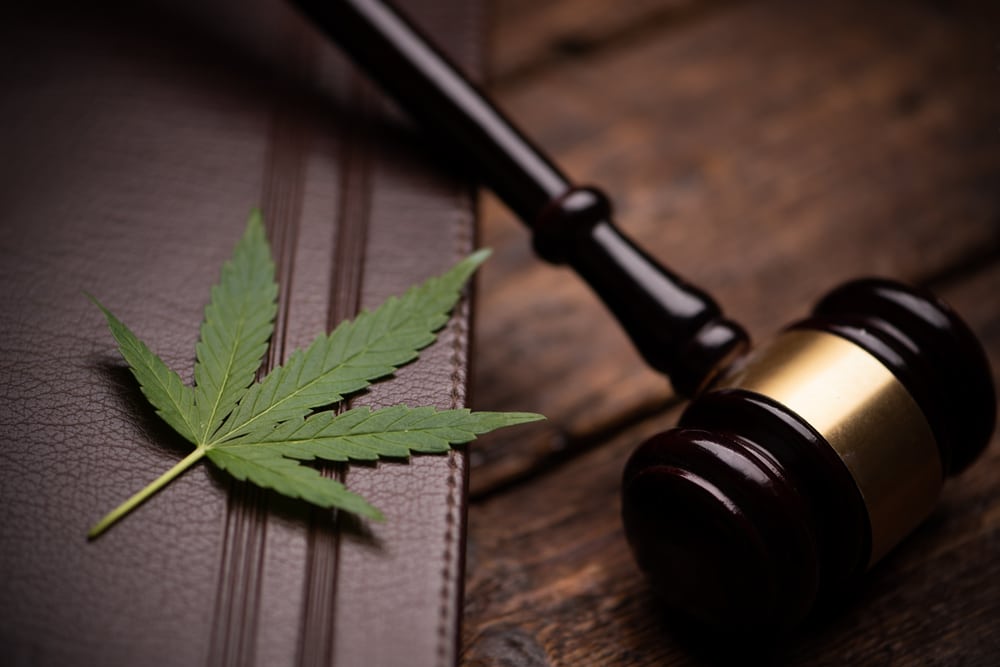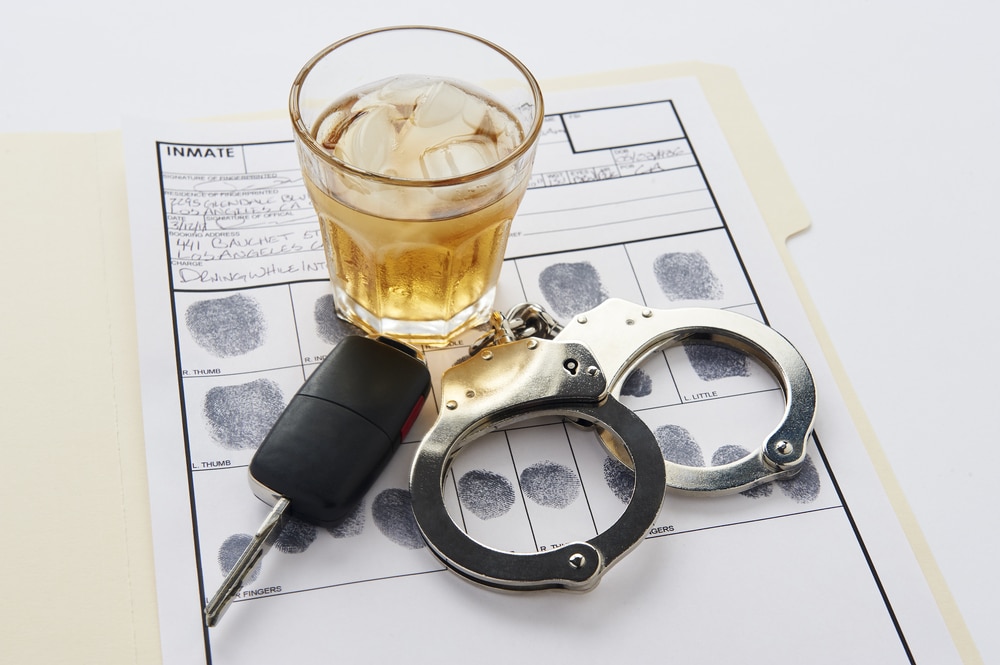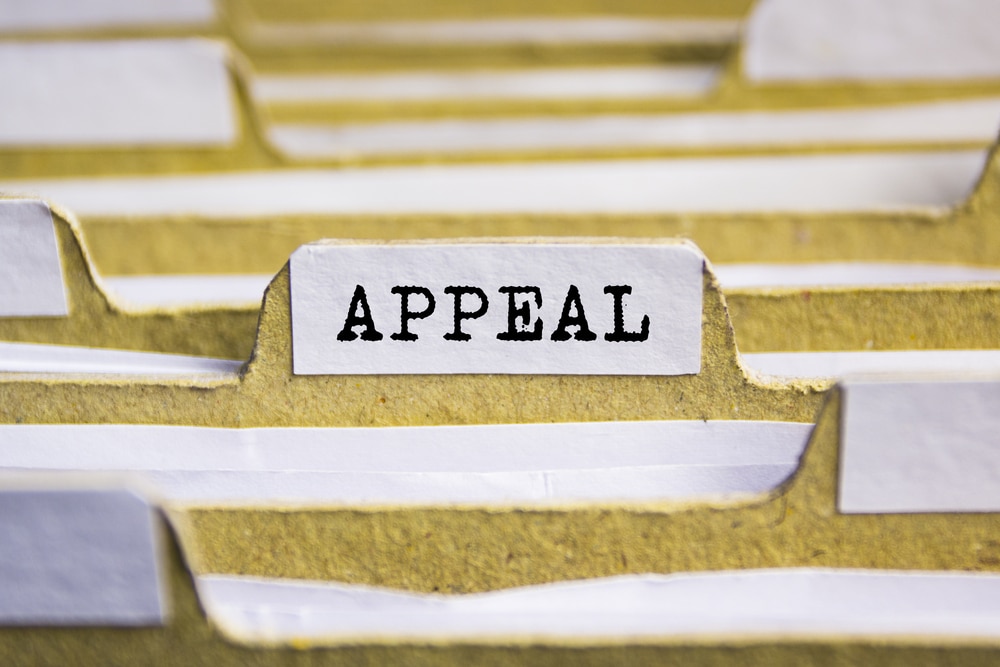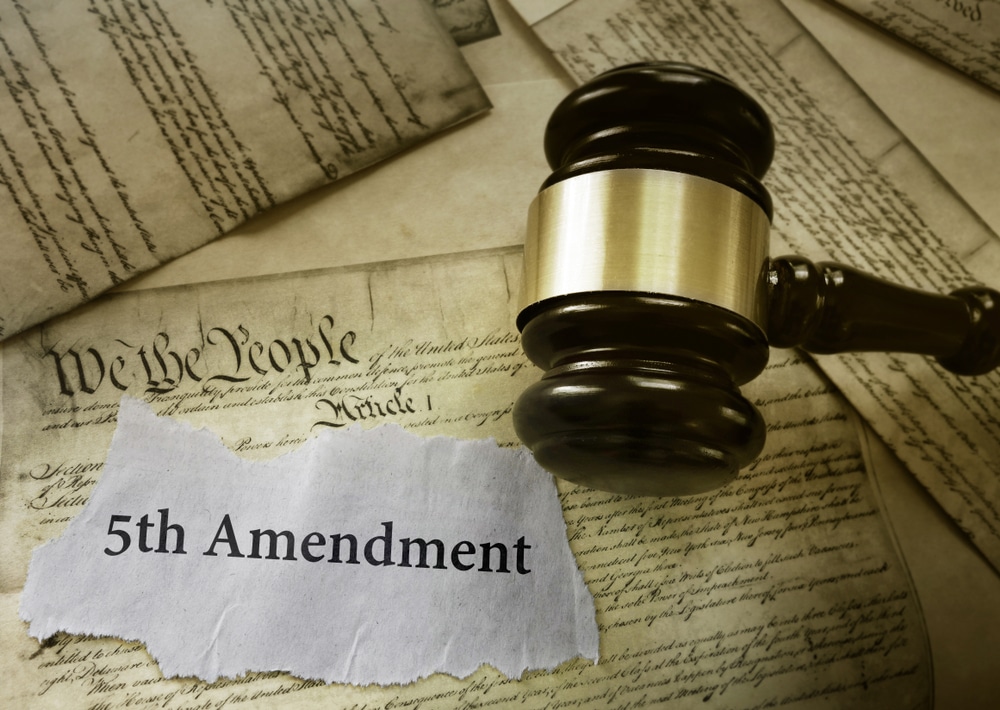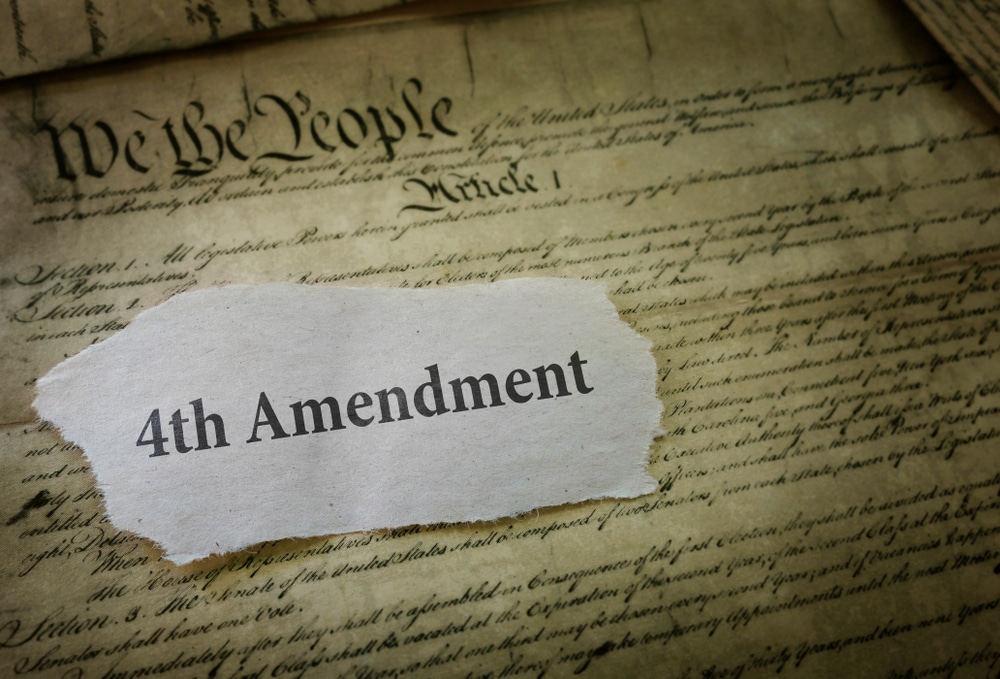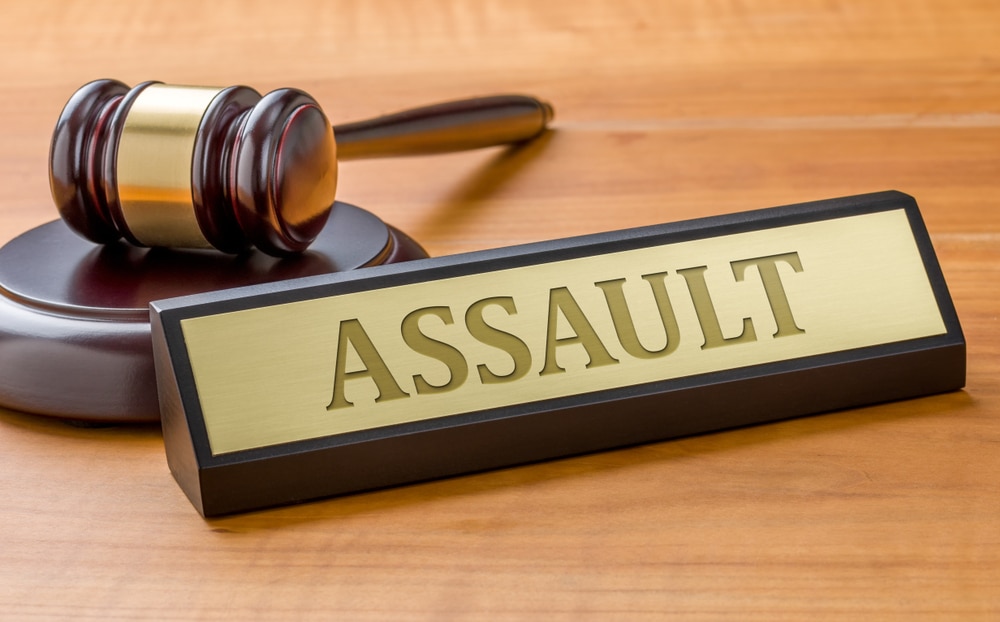As the legal landscape regarding marijuana laws continues to shift, New York became the 16th state to legalize cannabis in 2021. However, there are still certain restrictions in place and it’s important to understand these laws to avoid incurring criminal penalties. Although the laws have changed, being charged with a cannabis offense can result in jail time, monetary fines, and harm to your reputation. If you were charged with a marijuana crime, it’s crucial to have the representation of an experienced criminal defense attorney who can protect your rights and fight for the best possible outcome in your case.
Here are four essential things you should know about New York’s marijuana laws:
1. Adult Use of Marijuana Has Been Legalized
In New York, it is now legal for adults aged 21 and over to smoke cannabis recreationally anywhere smoking tobacco would be permitted, unless prohibited by another law. Adults may also legally possess a certain amount of cannabis. However, it is still illegal for anyone under 21 to possess, use, or sell any amount of cannabis.
2. There are Limits to How Much Cannabis You Can Legally Possess
Under New York State law, an adult 21 or older may possess, purchase, or transport up to three ounces of cannabis and up to 24 grams of concentrated cannabis. An adult can also give another individual aged 21 or older this amount of cannabis without being subject to criminal penalty, as long as it is transferred without any payment. In addition, it is no longer a crime for a person 21 or older to grow up to three mature and three immature cannabis plants in the home at one time. However, no home is legally permitted to have a total of more than six cannabis plants at any time.
3. There are Restrictions on Public Consumption
Although marijuana is legal in most public places, private establishments can implement their own rules and regulations. There are also specific restrictions imposed by state law when it comes to where cannabis can be used. For instance, cannabis use is not permitted in motor vehicles, whether they are parked or moving, or in outdoor areas at restaurants. It is also banned anywhere smoking is prohibited under New York’s Clean Indoor Air Act, which includes workplaces, bars, dining establishments, public transportation, school grounds, hospitals, commercial establishments, and various other locations.
4. Criminal Penalties are Still Imposed for Failure to Comply with the Marijuana Laws
Although marijuana has been legalized in New York, criminal penalties are still imposed for unlawful possession, sale, cultivation, and transport. Specifically, possessing more than three ounces of marijuana — and up to 16 ounces — is considered a violation that can carry a maximum fine of $150. Criminal penalties are also imposed for the following:
- Possession of 16 ounces up to five pounds — This is a misdemeanor offense, carrying a sentence of up to one year in jail and a maximum fine of $1,000.
- Possession of five to ten pounds — Possession in this amount is a felony offense, carrying a sentence of up to four years in jail and a maximum fine of $5,000.
- Possession of more than ten pounds — This is a felony offense, carrying a sentence of up to seven years in jail and a $10,000 fine.
Critically, it’s also a misdemeanor to sell more than three to 16 ounces of marijuana — and it is a felony offense to sell more than one pound.
Contact an Experienced New York Criminal Defense Attorney
The cannabis laws in New York are complex — and if you’ve been charged with a marijuana offense, it’s crucial to have a skillful attorney by your side who can safeguard your rights. The criminal defense attorneys at D’Emilia Law provide relentless representation and aggressive advocacy to those who are facing marijuana offenses and strive to obtain the best possible results in their cases. To schedule a consultation, contact us at 1-888-DEMILIA.

